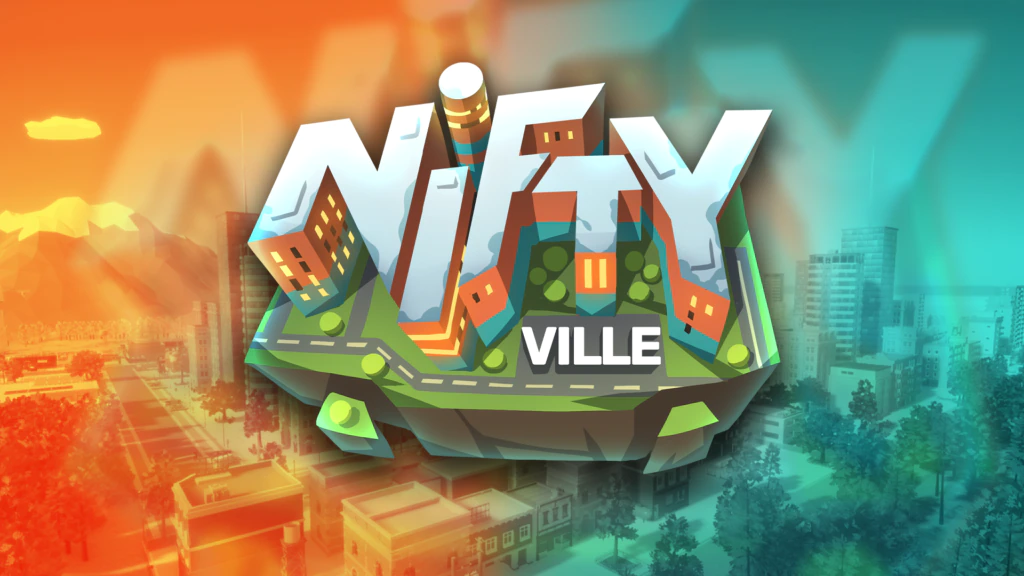When most people think of non-fungible tokens (NFTs), they think of their value as lying in their being unique – hence “non-fungible.” As one-off, digital representations of art, they are indivisible and non-replicable, to which people can attach value. But now there is a growing move to make NFTs usable in several different ways. This movement toward added utility creates a different kind of value proposition for NFTs, on top of their scarcity and collectability.
One of the more novel concepts is NFT staking or farming. This refers to staking NFTs to a protocol to earn a yield. It gives NFTs passive yield-generating utility, and can be thought of as decentralized finance (DeFi) meets NFTs.
Onessus Blockchain Systems is a blockchain game and NFT publisher based in the United States. Its WhenStaking platform has proven the growing popularity of the idea of yield-earning NFTs. Within a month of launching, the curated platform was already hosting over 9,000 staked NFTs, had roughly 12% of the company’s native utility token, VOID, locked up backing the NFTs, and had around one-in-ten of all in-game NFTs from its Battle Royale-style blockchain-based game, HodlGod, staked. That’s almost $2 million of value locked in the protocol within the first month of its launch. That figure has since risen to $3 million.
WhenStaking is unique insofar as it allows holders to stake their NFTs to earn a yield and also continue to use them as in-game assets through its built-in lending system.
NFTs: Reshaping the gaming industry to favor play-to-earn models
More than half of the NFT market is attributable to in-game NFTs, with Axie Infinity alone enjoying over $2 billion worth of sales volume since its 2018 launch. NFTs are already demonstrating their significant disruptive potential in the gaming industry, with interest in play-to-earn gaming growing quickly.
Onessus’ new game, NiftyVille, slated for pre-alpha release by year’s end, is centered around NFTs, and the role NFTs play in NiftyVille is extensive. Most of the in-game assets – cars, buildings, character skins – are NFTs, giving players true ownership of the in-game items they use and earn.
Gaming has become an integral part of entertainment, and games such as NiftyVille, the first ever open world play-to-earn game, are vehicles that can bring the gaming experience and the real-world experience closer together through tokenization. When gamers can actually own the in-game assets they have, a whole digital economy is created, including secondary sales markets, creating an ecosystem around the game.
NFTs’ redeeming features
Another form of NFT utility that is growing in popularity is redeemability. Redeemable NFTs allow the holder to exchange the NFT for either a physical or a digital good. While not new, their prominence is gaining ground.
NiftyVille is also furthering the exploration of redeemable NFTs. This redeemability element of the game creates a metaverse-real-world crossover entertainment platform, linking gaming and real life.
NiftyVille is doing this by making some of the NFTs in the game redeemable for their real-world equivalents. This includes vehicles and real estate. As the game grows, it is anticipated that redeemable NFTs will play an increasingly important role.
“When Lambo?” has been a meme for the crypto community for years, symbolizing the hope that relatively early investments in cryptocurrency would yield a dividend that would make first movers wealthy.
Onessus is minting 999 exotic car NFTs for use in-game in NiftyVille. This will also act as an auction of a real Lamborghini. The holder of the highest number of the 999 exotic car NFTs after they sell out has the right to redeem their NFTs for the NFT that represents a real 2017 Lamborghini Huracan Spyder. The car is currently sitting in Florida awaiting a winner, and can be shipped anywhere in the world.
Blockchain-verified, non-fungible tokens have long promised to branch outward from art and assume a wider role in the crypto ecosystem. Some argue they have the potential to possess greater utility than their fungible counterparts.
Similarly, the combination of games with NFTs as significant assets within them is driving both the gaming and blockchain sectors forward at breakneck speed, disrupting the gaming industry’s traditional business models.
Onessus plans to launch its 999 in-game NiftyVille exotic car NFTs on OpenSea, marking the company’s first foray into the Ethereum ecosystem. It has the potential to bring play-to-earn gaming truly mainstream and herald the beginning of a new phase: the mass tokenization of real-world assets.










